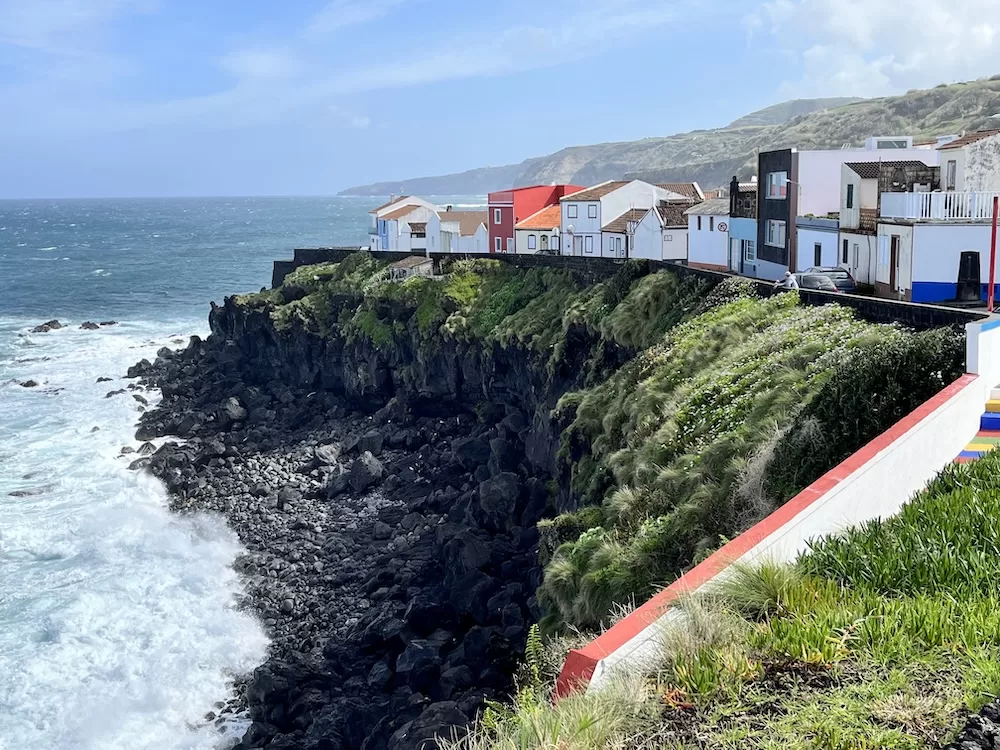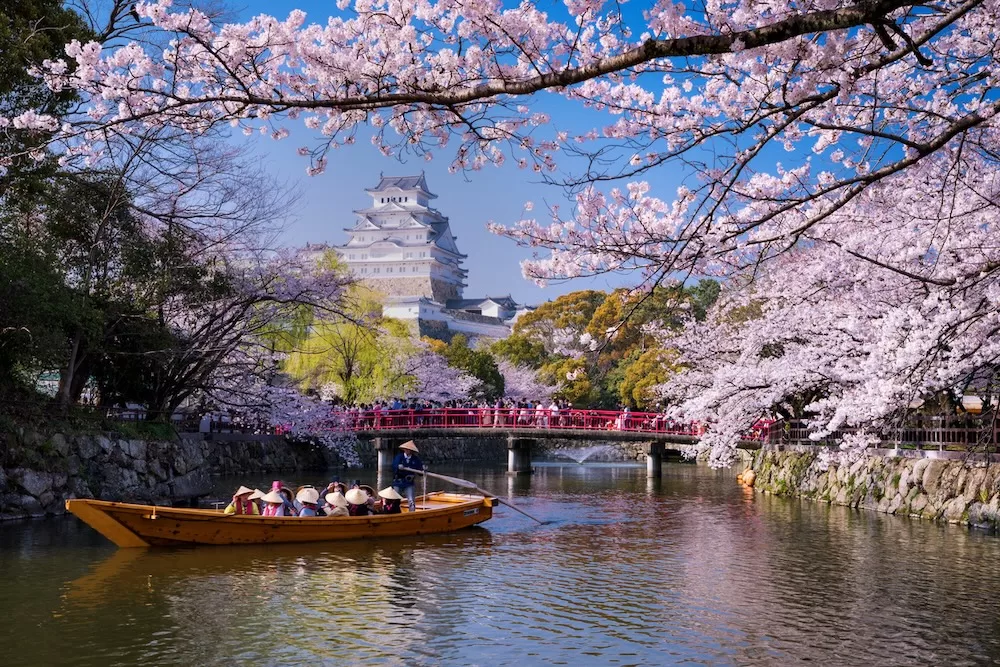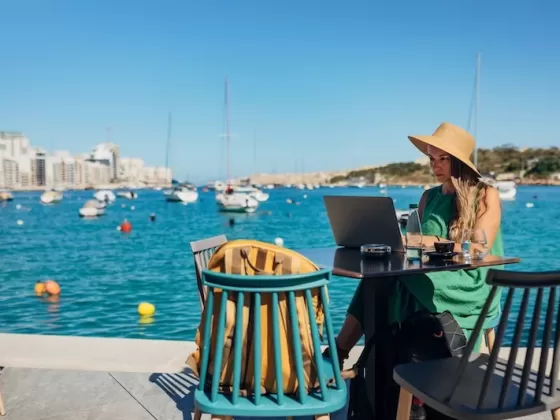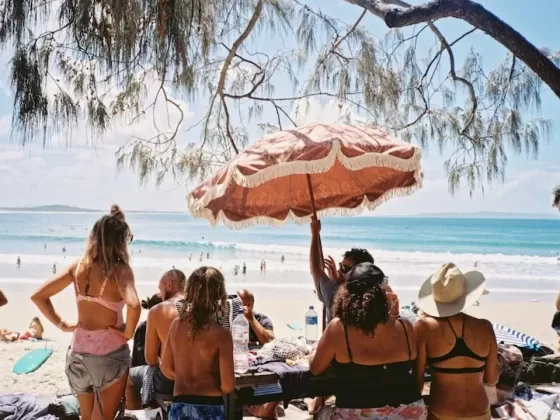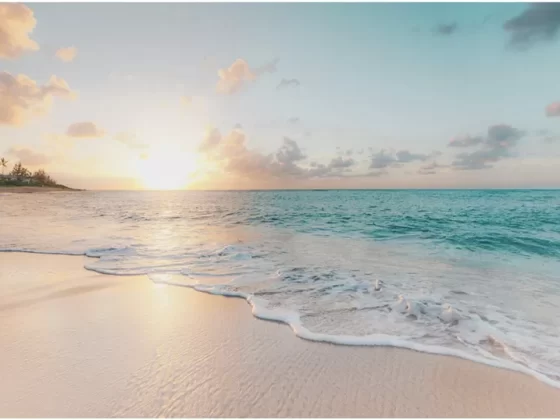Nestled in the middle of the Atlantic Ocean, this archipelago is one of two autonomous regions of Portugal (the other being Madeira). Made up of nine islands, the Azores is known for its striking landscapes, rich biodiversity, and growing tourism industry. For anyone considering moving to this stunning region, the Azores offers a unique blend of rugged natural beauty, quaint European charm, and modern infrastructure.
I moved from my home in Brazil to the island of São Miguel, the economic and cultural hub of the Azores, about two years ago for a job. I’m still fairly new here and still learning my way around, but these are the ten things worth knowing before packing your bags and relocating.
#1. Consider Living Outside the City
Often city living provides more everyday conveniences, like grocery shopping, nightlife, and social activity, but the Azores is so rich with natural wonders that if you decide to move here, you might prefer a more bucolic setting to live in.
Choosing where to live in São Miguel, or on any other Azores island, can make or break your experience on the island since each area has its own distinct vibe, pace of life, accent, and local culture. Before settling down, consider staying in different cities or towns for a while to see which one feels right for you.
Read More like this Living in the Azores
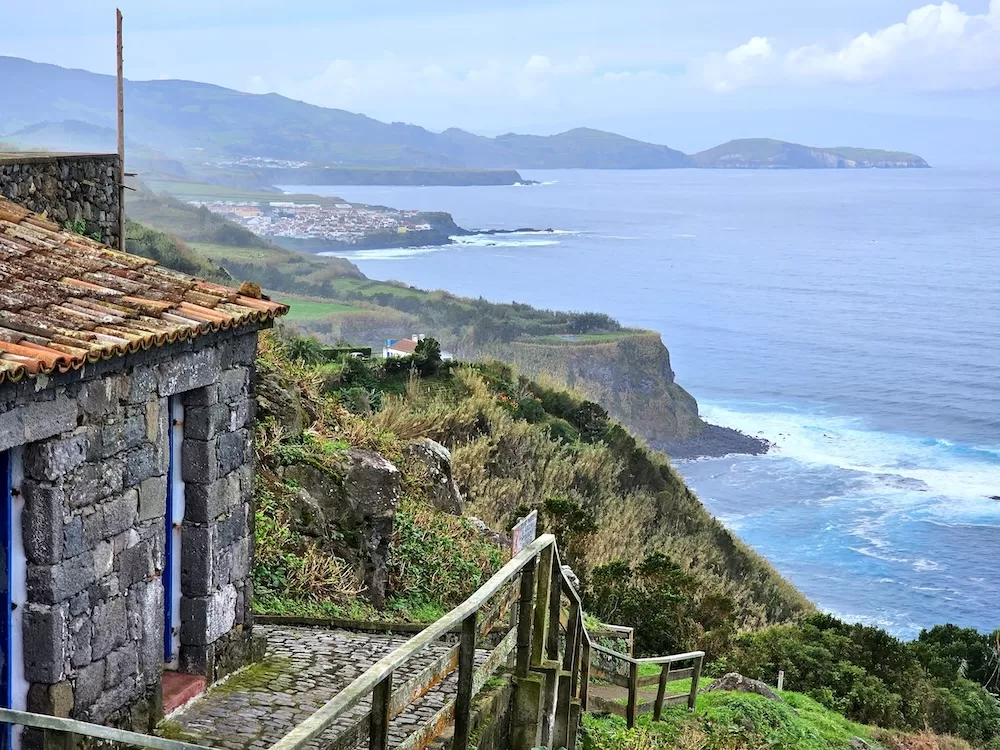
You might fall in love with the ocean views from one area, the rustic charm of another, or the vibrant community life somewhere closer to the southern part of the island. By exploring various places, you can choose what fits your lifestyle best and avoid the common mistake of choosing based on convenience alone.
São Miguel offers essential amenities and services, but its true charm lies in its smaller more rural areas, which feature stunning scenery, unique experiences, and authentic local culture, such as the serene crater lakes of Sete Cidades, the thermal pools of Furnas, or the breathtaking views of Caloura.
#2. Get a Car
Having said all that, if you do live in the countryside (and even if you don’t), you’ll most likely want your own car. While Ponta Delgada, São Miguel’s capital city, offers basic public bus lines and technically you can get from the most northwestern to the most southeastern point of the island by bus, it would require you to time every single leg of the trip perfectly (most of which occur only once a day) to pull it off.
While taxis do exist, spending 15 to 30 euros every time you need a 15-minute ride anywhere is not ideal. For those reasons, and for the simple freedom and independence, I’ve found that having a car is a necessary requirement for a smoother life on the island. The good news is that there are multiple car rental options and Facebook groups where you can buy used ones for very cheap.
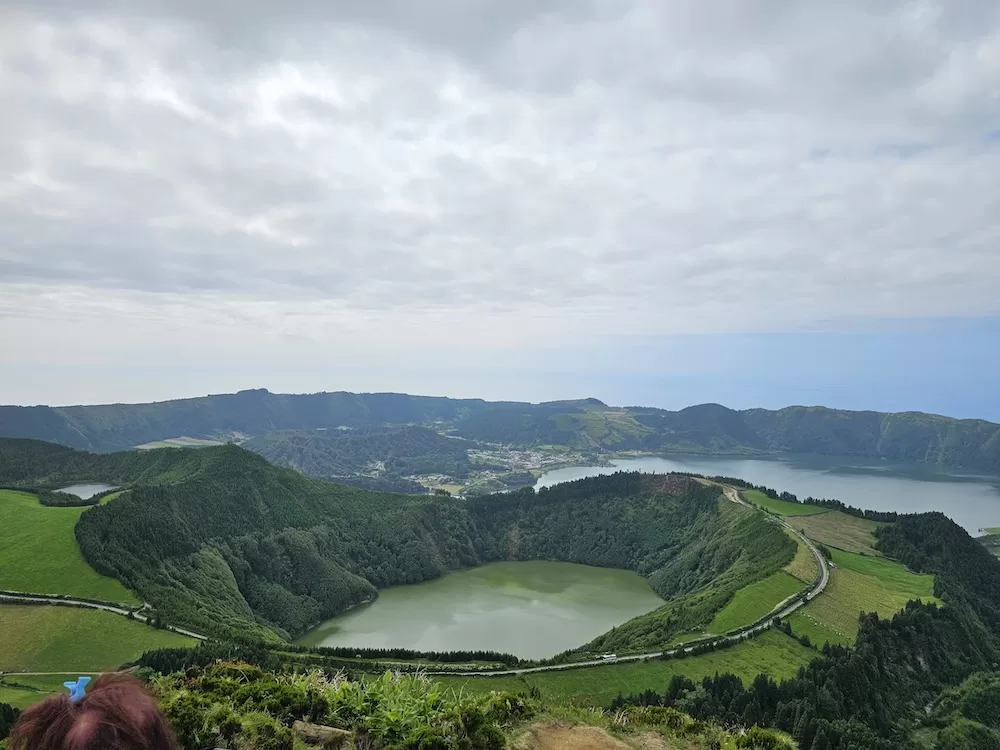
#3. Make an Effort to Meet Locals
Meeting fellow foreigners who speak the same language or share similar backgrounds is a great way to make fast friends and gain valuable information about the island, but the warm and congenial locals are what really give the Azores its charm.
I’ve met many who have become friends over a beer at a local bar or restaurant. There is always a festival taking place across the island, which makes it the perfect opportunity for broadening your circle. Being friends with Azoreans has also helped me figure out many useful shortcuts to navigate Portugal’s extensively bureaucratic system. Plus, knowing the fruit shop owner, postman, firefighter, or hardware store employee has turned out to be surprisingly helpful!
#4. Open a Portuguese Bank Account
You can use your international credit card here, but it is much more convenient having a Portuguese (or at least European) bank account. I recommend avoiding traditional, in-person bank branches as they can be unfriendly and not terribly helpful, especially for non-Portuguese people, which is why I have been using a fully online bank account (such as Banco Best or Wise) for the past couple years. A few other good reason to open a Portuguese account include:
- MBway: The most popular mobile payment system in Portugal is MBway, a domestic system that allows instant transfers, bill payments, and contactless shopping using your smartphone.
- IBAN Transfers: By having an European account you can send and receive money to anyone across Europe without extra fees or complicated procedures, no matter what the recipient’s bank is.
- Withdrawing money from ATMs without paying fees: Most local bank accounts offer a limited number of monthly cash withdrawal without incurring foreign transaction or withdrawal fees.
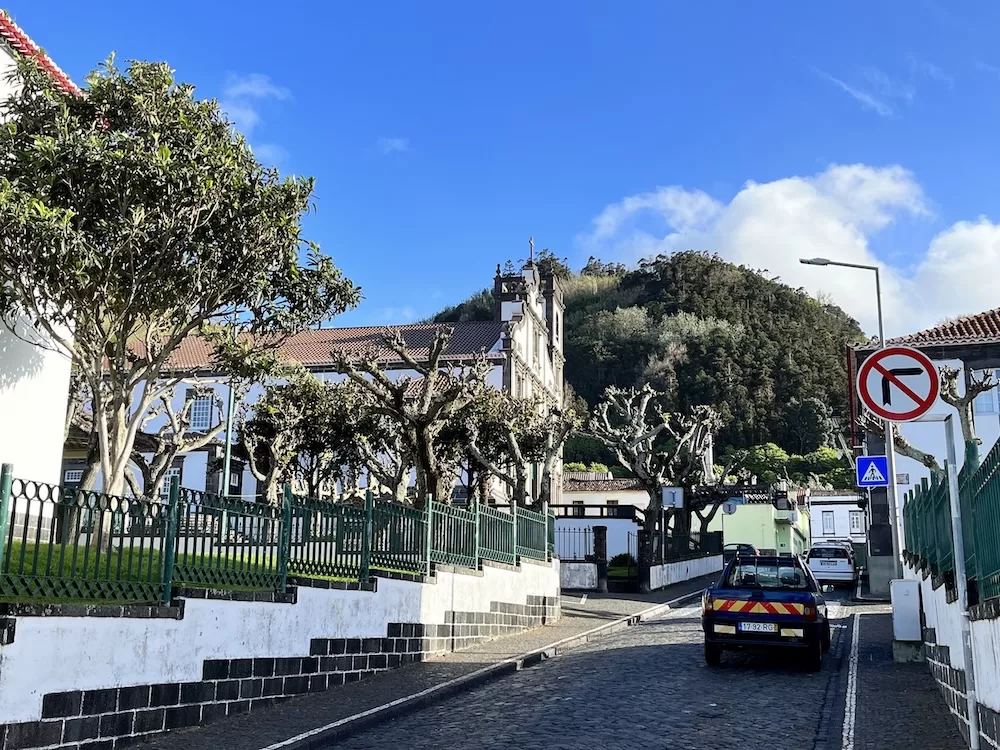
#5. Get Used to Serious Resting Faces
On a more personal level, as someone who moved here from Brazil, and is also familiar with South and North American styles of interaction, I expected warm smiles and enthusiastic greetings from strangers when I first arrived.
However, I’ve noticed that locals here often have a reserved demeanor, especially during initial interactions. But that doesn’t mean they are rude. At first, I mistook this seriousness for coldness or unfriendliness, but over time I realized it’s simply part of the culture—people here are kind, helpful, and welcoming once conversation starts. The initial reserved expression is just a contrast to the more overt warmth I was used to back home, and understanding this helped me adjust and appreciate my personal interactions on the island more fully.
#6. Obtain a Taxpayer ID Number
Acquiring a Portuguese Taxpayer Identification Number (NIF) is essential for everyday life in São Miguel, and particularly useful if you want to travel to the mainland. You’ll need an NIF to access medical services (even through Portugal’s SNS public healthcare system), open bank accounts, receive discounts, secure a job, or issue invoices if you plan to sell goods or offer services.
Applying for and receiving an NIF is straightforward: just visit the nearest local tax office (Finanças) with your passport, proof of residence, and official proof of address issued by your town’s official office (junta).
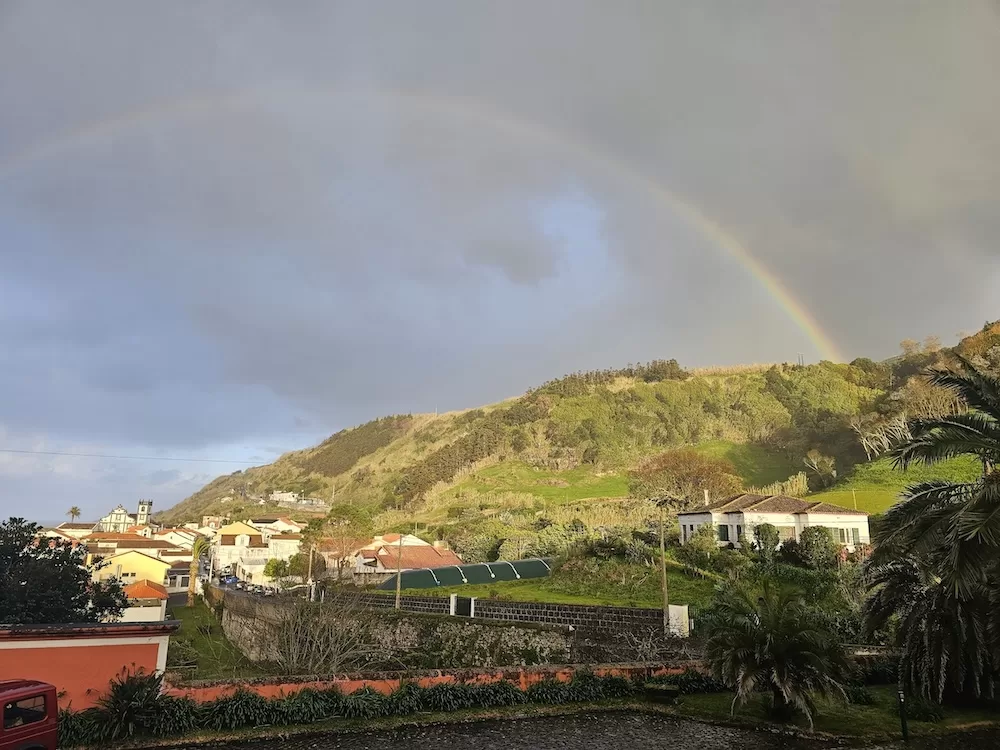
#7. Expect Rapid Weather Changes
Being located in the middle of the Atlantic means that the Azores get “four seasons in one day,” so be prepared for rapidly changing weather by always having a light jacket and umbrella in your car, even during summer.
Speaking of which, during summer month you would be well advised to keep a bag with towels, a bathing suit, sunscreen, and other beach supplies in your car as it stays sunny until past 9 pm during the warmest season of the year, and it’s nice to to enjoy one of the amazing beaches the island has to offer at any time of day.
#8. Learn Basic Portuguese Phrases
While most service providers speak English, especially in the tourism industry, learning some basic Portuguese can go a long way in helping more smooth daily interactions. It serves to both show respect for the local culture and ease the bureaucratic processes.
Duolingo is useful for practicing vocabulary (even though they only offer Brazilian Portuguese), but if you are looking for a more serious learning experience, there are better options available to help you actually become fluent, such as Babbel or Rocket Languages.

#9. Adjust Your Expectations for Nightlife
If you’re used to a vibrant, cosmopolitan nightlife scene (like I was in Brazil), the Azores may feel more subdued. São Miguel has a handful of bars and clubs, but the nightlife here is more low-key and community-oriented compared to major cities like New York, Lisbon or São Paulo. That is especially true if you look for LGBT-oriented places, which are virtually non-existent here.
For that reason, building your personal network is key as it’s through these connections that you’ll discover the hidden gems of island life and nightlife fun, from cozy cooking nights with your friends (my favorite) or private house parties to nice meals at the many incredibly high-quality restaurants around the island.
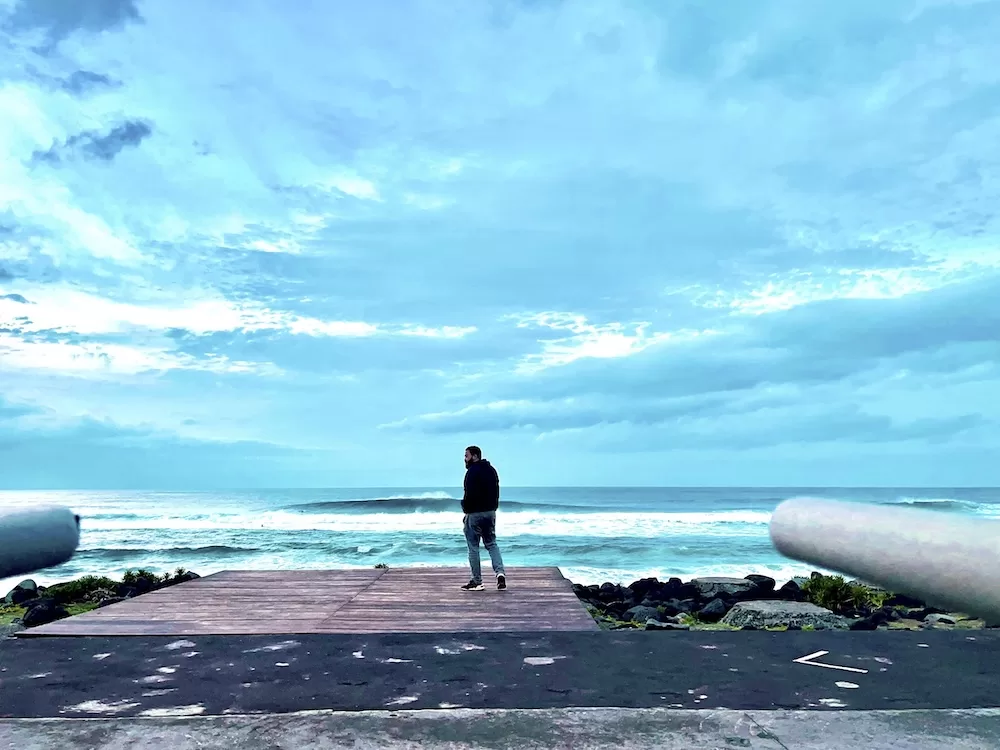
#10. Prepare for a Different Pace of Life
Life in the Azores moves slower than in most major cities, which means everyday tasks like getting your dishwasher fixed, your pool cleaned, or your car checked can take much longer because finding service providers can be tricky (this is why it’s important to make those local connections).
Also keep in mind that shops close for extended lunch breaks; businesses shut down on Saturdays, Sundays, and holidays; and restaurants and museums are closed on Mondays.

Follow these 10 tips and you’ll be on your way to a rewarding life in the Azores. And always try to remember to embrace the culture, connect with the locals, and explore your chosen island’s hidden gems with an open heart and adventurous spirit.
——————————
Rodolpho Comargo is a former U.S. Fulbright scholar with a passion for education, social change, and technology. After living in more than 10 cities in different countries, he recently moved to the Azores. You can learn more about Rodolpho on his LinkedIn page.
